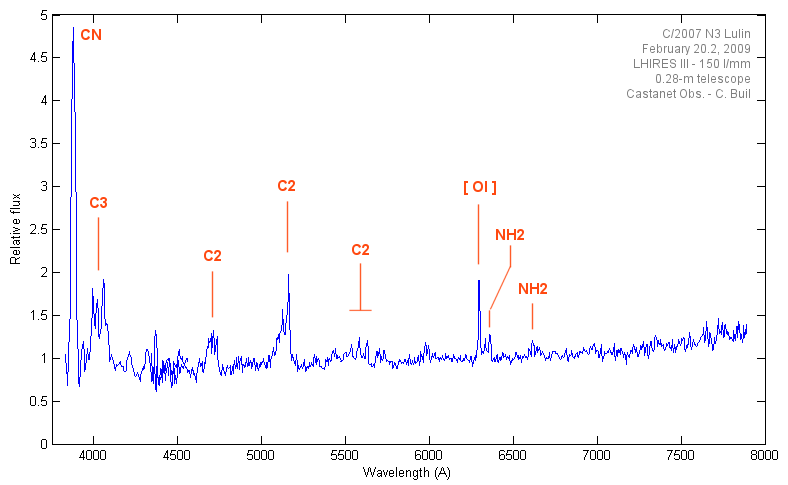Common, a. [OE. commun, comon, OF. comun, F. commun, fr. L. communis; com- + munis ready to be of service; cf. Skr. mi to make fast, set up, build, Coth. gamains common, G. gemein, and E. mean low, common.]Chris Peterson wrote:That's part of it. But the most common type of fluorescence involves the absorption of a short wavelength photonneufer wrote:
I don't know how uncommon resonance fluorescence is.
Let's just say that it often blends in so well with normal scattering as to (generally) go unnoticed.
and subsequent emission of one of longer wavelength.
- 1. Belonging or relating equally, or similary, to more than one; as, you and I have a common interest in the property.
2. Belonging to or shared by, affecting or serving, all the members of a class.
3. Often met with; usual; frequent; customary.
4. Not distinguished or exceptional; inconspicuous; ordinary; plebeian; -- often in a depreciatory sense.
5. Profane; polluted.
6. Given to habits of lewdness; prostitute.
Chris Peterson wrote:
I'm not sure that the explanation given in your quoted text is correct. My understanding is that the green color we see from cyanogen and diatomic carbon in comas is the product of resonant fluorescence, where a photon is absorbed, kicking an electron into a higher energy state, from which it subsequently relaxes, releasing a photon. This is different from an ionization process, as described. I don't think the green color of the coma requires energies high enough to ionize the gas.
- Indeed.
